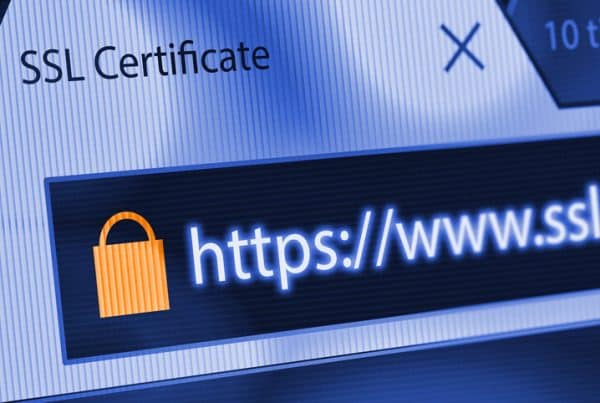Stock photos are readily available, but: Do you know how to use them legally? Are there any doubts related to copyright infringements in your mind? Most probably, Yes!
One common concern is: “How can you use stock photos clicked by others when it is illegal to use someone else’s content?”
Well, you can – But with proper permissions!
Moreover, you should know digital image laws and licenses. The laws vary from country to country, and every license has its dos and don’ts.
You can find all the information in this article. Keep reading!
Understand the Photo Copyright
The owner of every photograph owns its copyrights. It means that no other person can use the photo without permission. Copyright lasts for a lifetime but ends after 70 years of the owner’s death. Then the photo comes under the public domain. Pictures that fall under this category have no legal implications, and you can easily use them for commercial or personal use.
Learn about the Licenses
Consequently, the photograph’s owner can provide a license to use the photo under specific terms and conditions. These pictures are generally available on stock photo websites for a small fee. They are categorised under the following licenses:
Royalty-Free Images
A picture with a royalty-free license can be purchased at a one-time, flat fee. You can use the chosen stock picture on all commercial and non-commercial projects as often as you need. It is also possible for you to edit the pictures and align them with your branding.
The only restrictions are:
- You cannot sell or gift these images to anyone.
- You cannot use them as your logo, design, or trademark.
- The image is not for pornographic or adult content.
- The image should not reveal as if the model is directly endorsing a product.
- The image has a print limit.
Following the above limitations allows you to use the stock assets conveniently in your digital marketing strategies.
Key Note
Purchasing a royalty-free image doesn’t give you the copyright of that image. The person who clicked the photo is still the owner of the content. You pay the price only to use the photo. The owner can still sell the same photo to multiple users.
Rights Managed
Unlike the royalty-free license, you cannot use the rights-managed multiple times with a one-time payment. You have to pay every time for each use. The cost is calculated according to the following factors:
- Size
- Placement
- Display time
- Location
You will break the rule if you do not purchase an additional license for using the image again. The copyright holder can also file a lawsuit for the infringement. While people need to pay more to use these images multiple times, they are still in high demand because of their exclusive nature.
Extended License
An extended license is a more advanced version of a royalty-free license. It gives you the leverage of selling the print design, which is impossible with a standard royalty-free image.
Even if you don’t want to sell the print design but want more print copies, you need to check the limit of your royalty-free license. In most cases, you will require an extended license for printing more than 50,000 copies.
Check the Copyright of Free Stock Images
The above licenses require you to pay the license fee. But what about those stock pictures which are free to use? These free images come with a Creative Commons License. The license allows you to use the image without paying anything.
However, it doesn’t mean adding the pictures without attribution. Giving attribution is recommended for the owner’s recognition.
You can also find photos with a Creative Commons Zero license. Like the basic Creative Commons license, it is also free. The plus point is you don’t need to give attribution to the owner.
But even if the images are free, remember to read the terms of usage carefully, as they can vary from picture to picture. You can use some pictures for commercial use, but not all.
Failure to adhere to the rules can have legal implications. The claim will cost you big bucks and spoil your brand’s reputation.
Don’t Use Photos Directly from Google
After reading the above points, you must have understood that you cannot use any picture you find on different digital platforms. This includes Google as well!
Google is a search engine that provides suggestions and should not be used as a library for pictures. To download the pictures from Google, you need to find out if the displayed pictures have copyrights or not.
You can do this in the following ways:
Check the watermark
There might be a company’s or photographer’s name on the image. Remember that you cannot hide the watermark through image editing software. This practice is a clear copyright infringement.
Check the contact details of owner
If there is a URL or email address, take permission to use the image. Make sure that you have evidence of the owner’s consent.
Check the metadata
Metadata is also known as EXIF data. It presents information about the image file. If you are using Windows, right-click the image and select ‘properties’ to check this data. You might find copyright information here.
When Can You Use an Image Without Permission?
Using someone else’s photo without permission is a non-ethical and illegal practice. However, you are not legally bound to take permission from the picture’s owner if they are in the public domain or purchased from a reputable stock photo agency.
Likewise, photos with the creative commons zero license don’t require permission and attribution. However, some conditions for using the photo may exist. While permission is not required, following the rules is essential to stay safe from a lawsuit.
Conclusion
Incorporating stock pictures into digital content is relatively easy. All you need is to understand the Australian copyright laws and stock photo licenses. Choosing a reliable stock photo agency and following the rules of each licence can keep you safe from the illegal use of online imagery.


